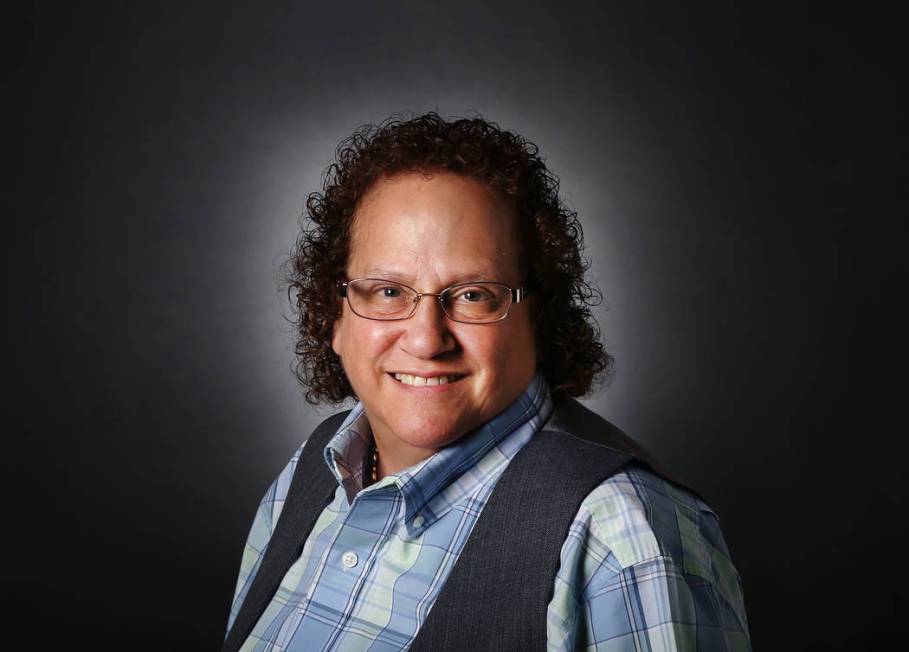Homeowers are allowed to display political signs

Q: What does the law say about posting a political candidate’s signs? Can a homeowners association keep owners from posting a sign in their windows or planting a sign in their lawn?
A: Under Nevada Revised Statue 116.325 (1), an association cannot prohibit a unit owner or an occupant of a unit from exhibiting one or more political signs within the physical portion the owner or occupant has a right to occupy and use exclusively, subject to the following conditions:
■ All political signs cannot be any larger than 24 inches by 36 inches.
■ If the unit is occupied by a tenant, the homeowner may not exhibit any political sign unless the occupant consents in writing to the exhibition of the political sign.
■ All political signs exhibited are subject to the applicable provisions of the law governing the posting of political signs, i.e. the county or municipality where you reside.
■ A unit owner or an occupant of the unit may exhibit as many political signs as desired but may not exhibit more than one political sign for each candidate, political party or ballot question.
■ The law defines political sign to mean a sign that expresses support for or opposition to a candidate, political party or ballot question in any federal, state or local election or any election of an association.
As to your question, yes, sign or signs can be placed on the unit’s front lawn.
Q: I am the president of a small HOA board. We have 50 single-family homes and are sub-association of a larger community. As president I called for a special meeting but the other two board members objected. They now have called for a special meeting, but want to make it an executive meeting so that the homeowners may not participate. Our manager (who we pay) stated that she would inform the homeowners of the meeting, but would also advise them that they could not participate.
Can they deny the homeowners to participate in a special meeting by declaring it as an executive session?
A: Under NRS 116.3108, there are three ways that a special membership meeting can be called, which include the president, a majority of the board or at least 10 percent or any lower percentage specified in the bylaws by the membership.
To call for a special board of directors meeting, check your bylaws. It will probably state that the president can call for the special board meeting or a majority of the directors. In your case, if the president called for a special board meeting first, then that would be a legitimate meeting which would be open to the membership.
An executive meeting is very specific and the subject matter is restricted per NRS 116.31085. It would include violations, delinquencies, consulting with an attorney on proposed or pending litigation that would be considered privilege (per NRS 49.035 to 49.115 inclusive) and discussion of character, alleging misconduct, professional competence, etc., of the community manager or an employee of the association.
Barbara Holland is a certified property manager (CPM) and holds the supervisory community manager certificate with the state of Nevada. She is an author and educator on real estate management. Questions may be sent to holland744o@gmail.com.